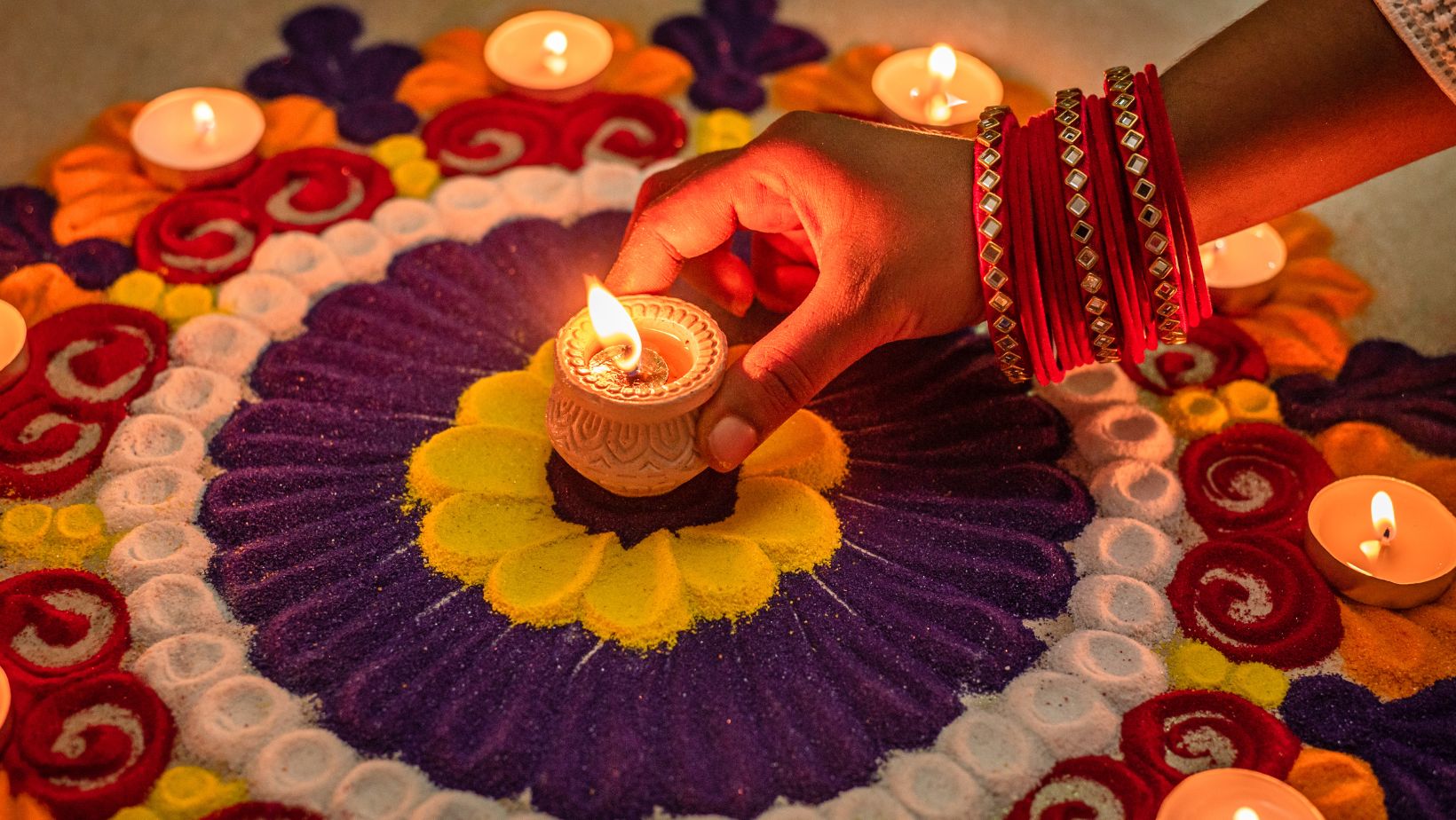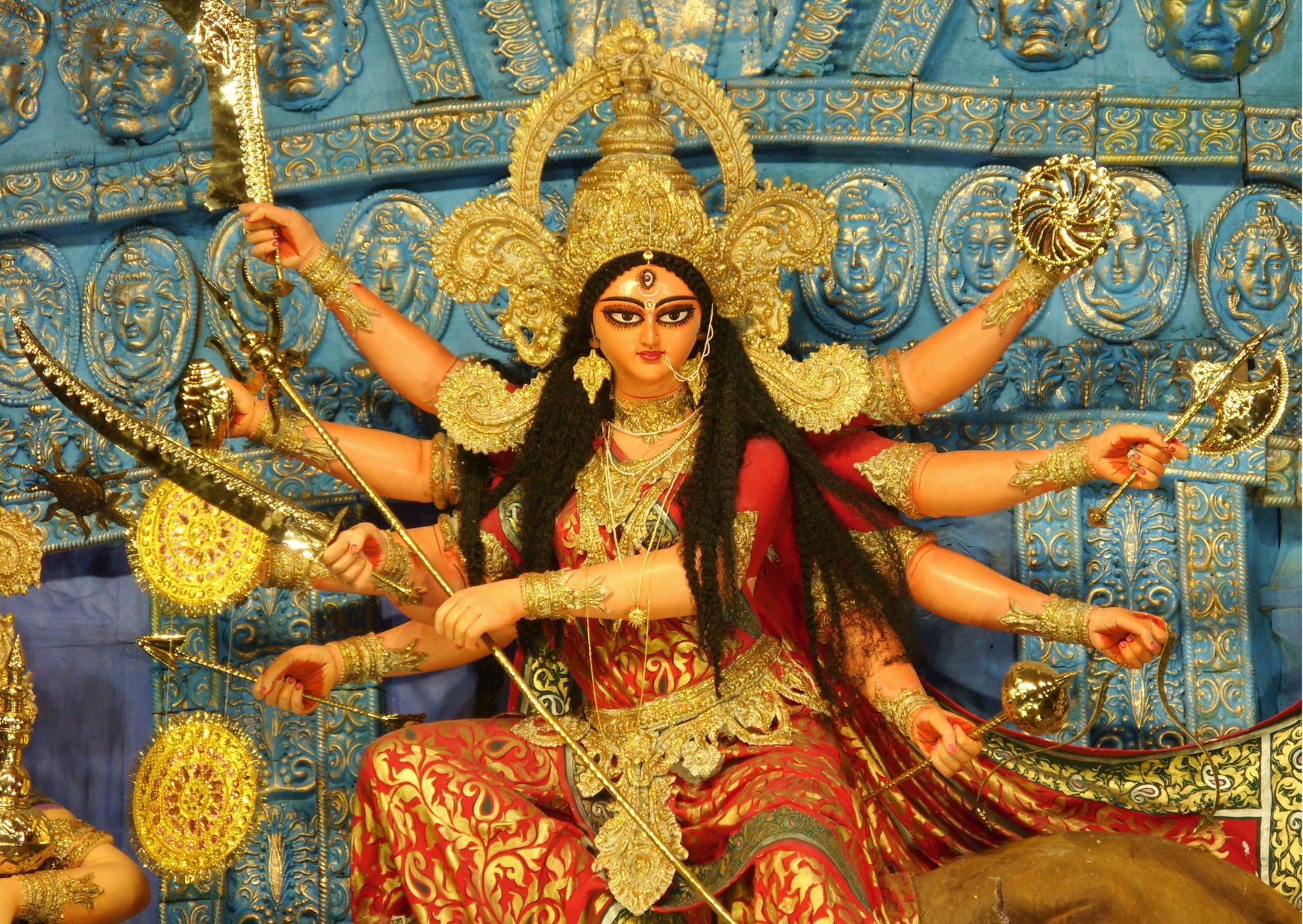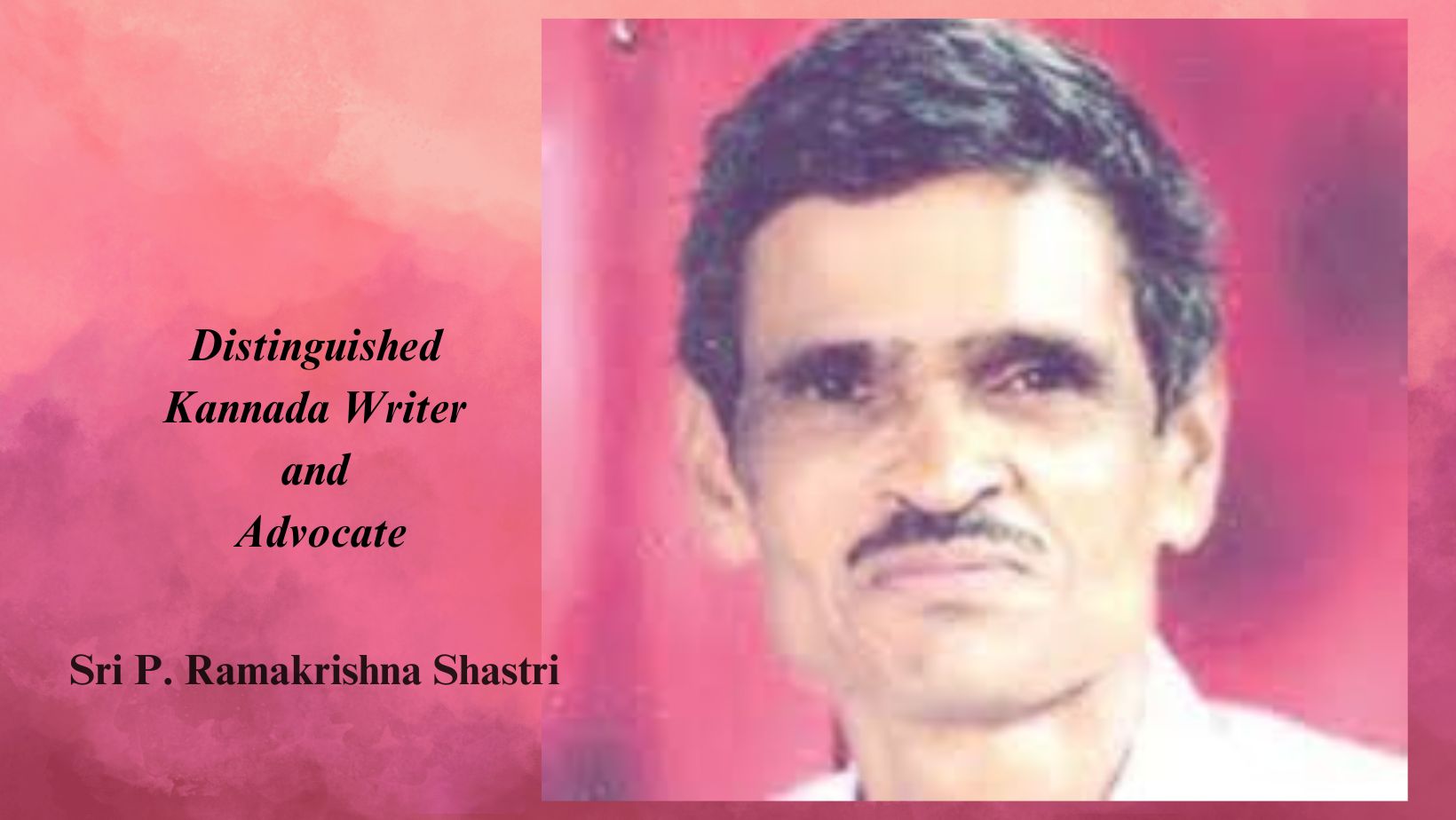Deepawali or Diwali?
Exploring etymological roots of "Deepawali", the grandest festival of India
It is that time of the year again 🪔
The air is filled with the vibrant spirit of Deepawali. Our homes are lit up with joy and celebrations. As we prepare for the upcoming festivities, we've received some heartwarming emails from our curious learners, pondering upon the nuances of the festival. They wonder about the difference between Deepawali and Diwali, and the most authentic way to extend their well wishes. Today, we are delighted to bring you some insights and the cultural significance behind these beautiful traditions.
The radiance of Deepawali
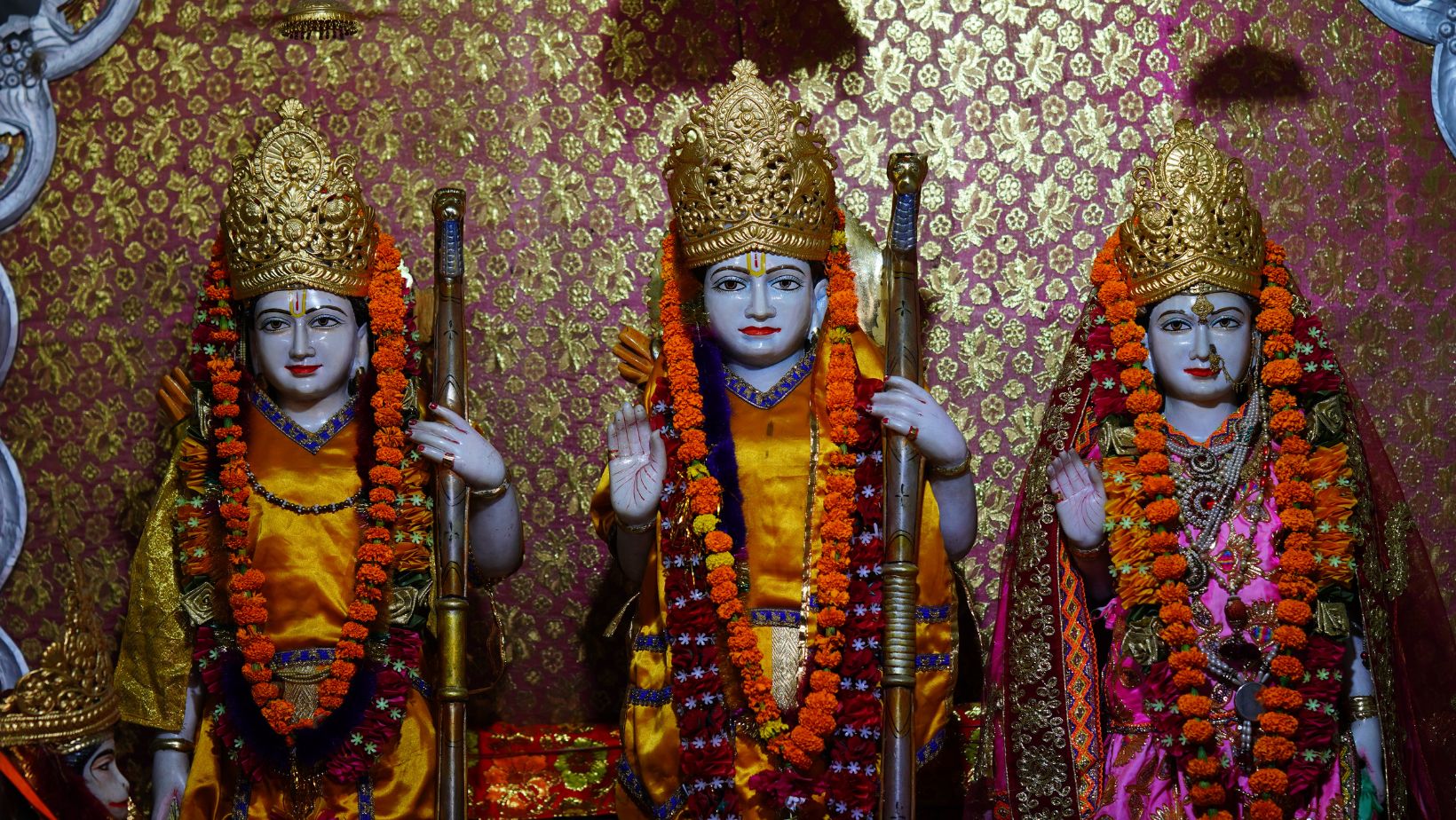
In the heart of this festival lies a story that resonates through the ages. When Sri Ram, the revered hero of the sacred Hindu epic Ramayana, was returning to Ayodhya with his beloved Devi Sita and loyal brother Lakshman after defeating the demon king Ravan, his subjects realized that his return would be amidst the dark of the night on Amavasya. It was a night with no moon to guide their way. In a beautiful gesture of love and respect for their beloved Ram and Sita, the citizens illuminated their paths. They adorned the roads, terraces, and rooftops with earthern oil lamps, casting a warm, welcoming glow to guide them home.
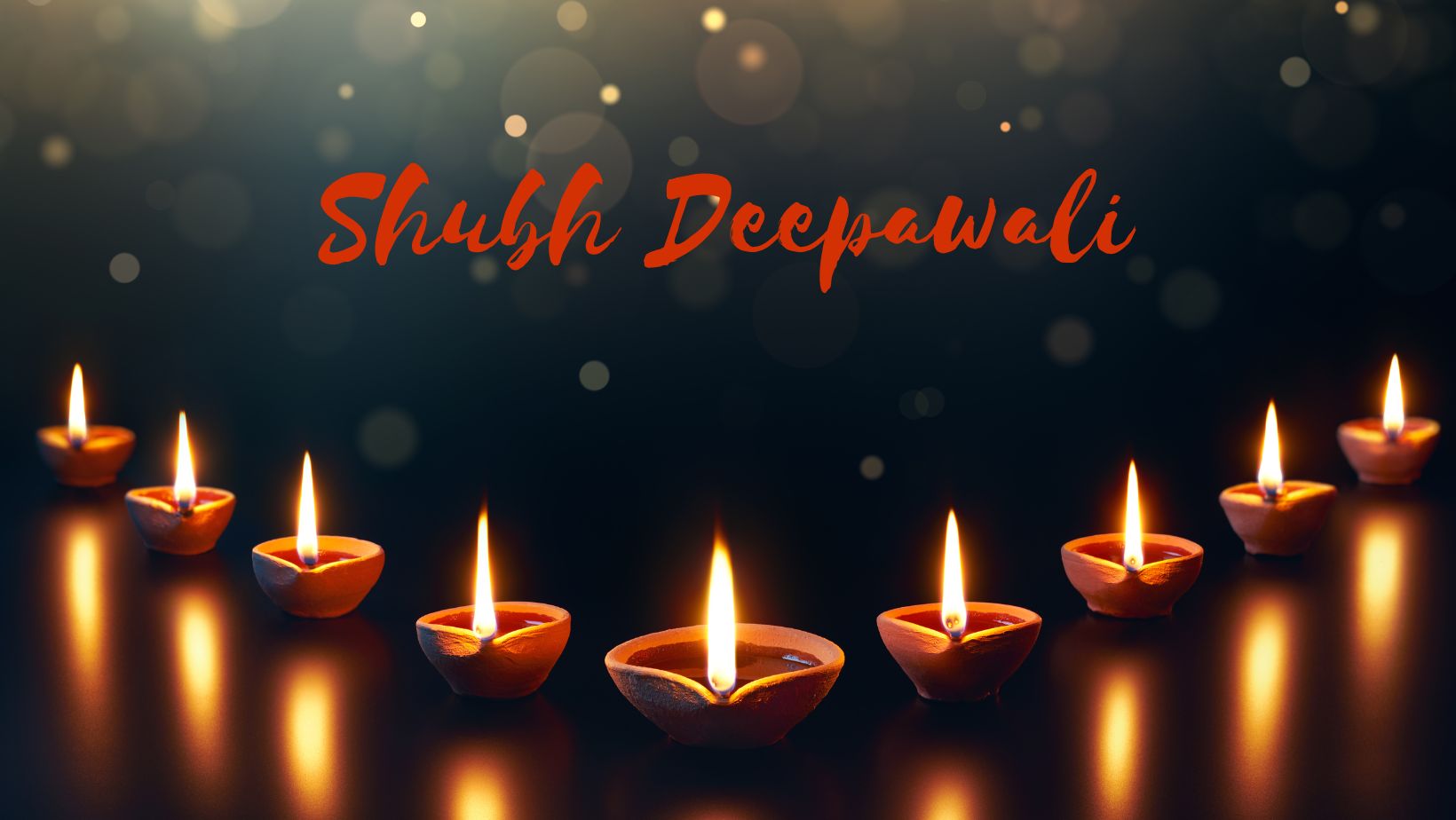
This enchanting display of lights became known as Deepawali, a Sanskrit term that signifies 'a row of lamps.'
Deepawali is the original and etymologically correct name of the festival. It is the name still cherished and celebrated in the southern parts of India.
From Deepawali to Diwali
As time passed, languages in North India underwent changes. The beautiful word "Deepawali" transformed into the shorter, easier to say and hence more widely used name, Diwali. Unlike Deepawali, the word "Diwali" by itself does not carry a specific meaning in Sanskrit. It carried more of a local flavour. To elaborate, in Marathi, दिवा / diwa is the lamp and आळी / aali is row. It has the same meaning in Gujarati. Perhaps it is from here that the word travelled all over Northern India?
One can use any word they like but those wanting to embrace the festival's original essence, can use the term "Deepavali."
Deepawali greetings
To extend your warmest greetings on this auspicious festival, you can say, "Deepawali ki shubhkamnayen" - meaning "Auspicious greetings for Deepawali." This phrase beautifully encapsulates the spirit of the festival, and it's a wonderful way to convey your warm wishes to your loved ones. Or you could say. "Shubh Deepawali" which means an auspicious Deepawali to you. The words, "shubh" and "Deepawali" contain the original meaning and essence of the festival. Using "Deepawali" will help revive and preserve the authenticity and the profound meaning behind the festival.
For a more casual wish you could say, "Happy Diwali"! :)
We extend our heartfelt wishes to you. May this Deepawali fill your life with the radiance of joy, the warmth of togetherness, and the sweet glow of love. We hope your celebrations are filled with laughter, delicious sweets, and the company of those who matter most.
May we always have the wisdom and courage to destroy the evil within and also around us.
Namaste, and a Shubh Deepawali to each and every one of you.
Team Language Curry!

